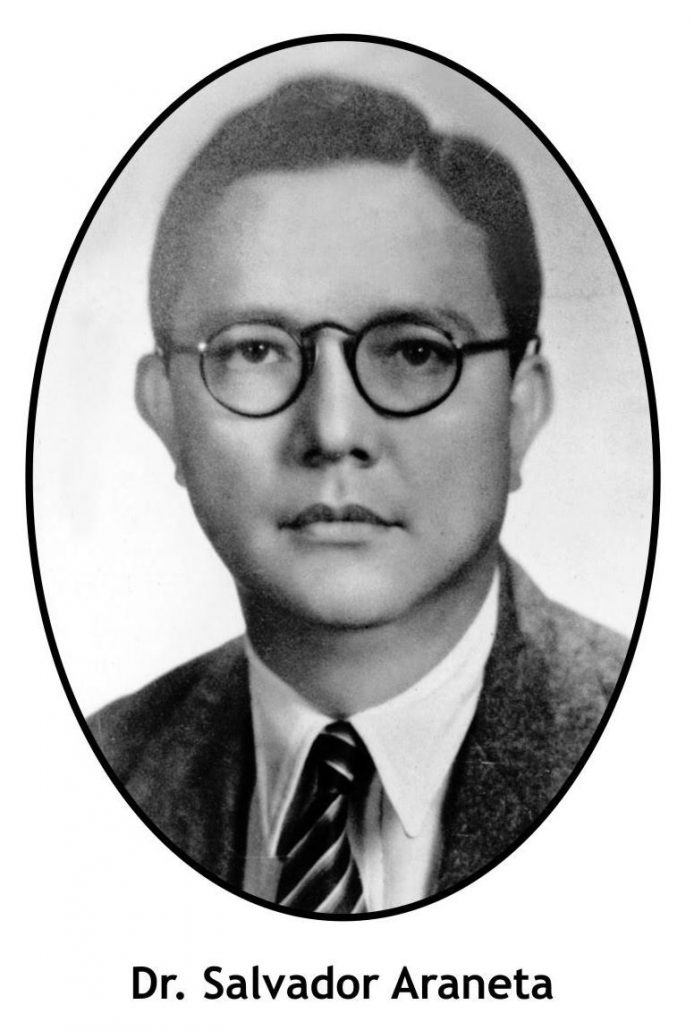 EXPLANATORY NOTES
EXPLANATORY NOTES
This provision is an application of the provisions contained in the preceding two Articles, and should be studied jointly with Article 29 which provides that districts for the election of members of the Parliament and members of the State Assembly shall occupy the same geographical areas and shall be large enough to constitute multi-member constituencies of four or six members.
As an example, if the plan is not to have a large membership in Parliament and in the State Assemblies, serious consideration should be given to dividing the Province of Cebu into two constituencies. Under such a scheme, Cebu, which before Martial Law, had seven single member constituencies, each electing one congressman, will have for Parliament and the State Assembly of Visayas, two constituencies of four members each or a total of eight members, one more than the membership of the Province before Martial Law.
In the first election under this Constitution, most likely there will be four parties each presenting four candidates for each district of Cebu. This would bring about sixteen candidates for each district of Cebu, from which the elector can select four candidates. They should be chosen from those of one party or from those of different parties. The two candidates who receive the largest number of votes shall serve for a term of six years, while the two candidates who receive the next highest number of votes shall serve for a term of three years.
The second group of elected candidates would vacate their offices after three years giving rise to new elections for one half of the members of the Parliament who will vacate their offices at the time.
Elections shall take place every three years instead of every two years which was the practice under the 1935 Constitution. The frequency of elections will thus be diminished by 50 percent. Such a measure is to be welcomed as it will reduce political fights and elections expenses of the Government and the people. Those elected in the second election for Parliament under this Constitution will all be private citizens and will serve a period of six years.
Many hidden talents and even patriots will be discovered. They will be encouraged to offer their services to the people in a new society in which public offices will no longer be regarded as a means to accumulate political power and wealth. Political dynasties and career politicians will be a thing of the past.
Article 77. A candidate for election in all levels of government is not a commodity and shall not be advertised and promoted in the same manner a commodity is marketed through image-building.
The Commission on Elections shall prescribe more definite rules not only to limit the amount of expenses which the candidates for different positions may incur in an election campaign, but more importantly, it shall prescribe the kinds of campaign practices permissible to reduce election expenses to the minimum and make the campaign more personal by the candidates themselves, and not through a machinery or campaign leaders.
Public meetings may only be organized by the Commission on Elections or by living forces of the country accredited by it. In such meetings, all the candidates for a given position shall be allowed maximum time to be used by the candidates themselves.
Radio and television companies shall provide an 80% discount from the commercial rate to registered candidates of recognized parties, each of whom shall be allotted equal time. The time shall be used by the candidate himself and not by any of his leaders. Discounted spaces in the dailies shall be allotted to each candidate to publicize his Curriculum Vitae and his platform. The commission on Elections shall prescribe the special discount to be granted.
EXPLANATORY NOTES
In many ways, Philippine elections have degenerated into popularity contests. The use of money and so-called “gimmicks” have been rampant into the effort to “sell” the candidates.
Advantages such as close contacts with the media and connections with powerful commercial firms are utilized to full advantage. Well-meaning reformers have protested in vain. It is time to stop the bad habit by Constitutional reforms—the only medicine strong enough to cure the ailment.
Article 78. The State shall stress the points of agreement rather than the points of disagreement among the religious faiths as found in the concept of God, the love of God and of fellowmen, the Golden Rule, and high standards of honesty, purity and dedication to bring about a Good Society and a better world.
EXPLANATORY NOTES
This provision is patterned after a thought enunciated by His Holiness Pope John XXIII when he admonished Christians to stress their points of agreement rather than their points of disagreement.
Article 79. Freedom of speech and of the press shall be guaranteed. But this freedom shall not be taken as a license to hinder the promotion of a national identity as defined by Parliament and implemented by the Ministry of National Identity, Culture and Education and its supporting Authority, both under the supervision of the President.
EXPLANATORY NOTES
This provision ensures the development of the national identity and culture which will not be hampered by freedom of the speech and of the press. But the national identity has to be defined by Parliament in general or specific terms. Its implementation is the jurisdiction of the Ministry of National Identity, Culture and Education and of the Authority of the same name. The Ministry and the Authority are under the supervision of the President. (To be continued/PN)

